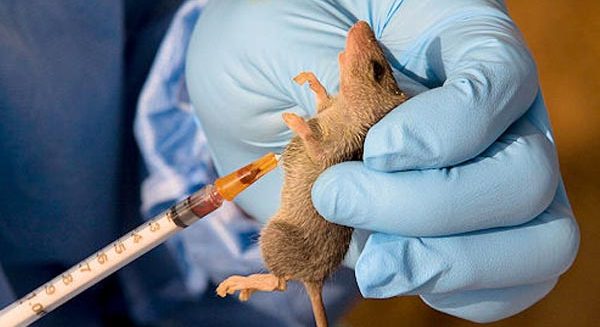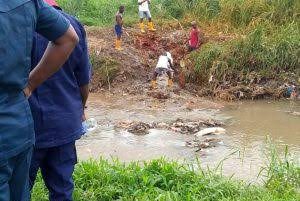The World Health Organisation, WHO, has said that there has been a downward trend in the weekly reported cases of Lassa fever in Nigeria from late February to early March.
WHO in its “Emergency Report,” said that in March, less than 20 cases were reported each week and only five new cases reported in the week ending April 15.
The UN organisation said that the figure was against earlier reports issued in January 2018 which was the beginning of the outbreak to April 18 where the number of weekly reported Lassa fever cases increased from 10 to 70.
WHO said that from January 1 to April 15, 1, 849 suspected cases had been reported from 21 states namely: Abia, Adamawa, Anambra, Bauchi, Benue, Delta, Ebonyi, Edo, Ekiti, FCT, Gombe, Imo, Kaduna and Kogi.
Other states are: Lagos, Nassarawa, Ondo, Osun, Plateau, Rivers, and Taraba.
According to WHO, of the reported cases, 413 patients were confirmed with Lassa fever, nine were classified as probable and 1422 tested negative and were classified as non-cases.
The organisation said that laboratory results for the five remaining suspected cases were still being awaited.
“Among the 413 confirmed and nine probable Lass fever cases, 114 deaths were reported. As of April 15, 27 health care workers in seven states have been infected since January 1, 2018, eight of whom have died.
“These states are: Abia, Benue, Ebonyi, Edo, Kogi, Nassarawa and Ondo. Currently three laboratories at Abuja, Irrua and Lagos are operational and testing samples for Lassa fever by Polymerase Chain Reaction.
READ ALSO: 83-year-old inmate executed
“Analysis of 49 viruses detected during the 2018 outbreak indicates that the main mode of transmission is through spill over from the rodent population and limited human to human transmission,” the report stated.
The organisation however, advised that the declining trend of the cases should be interpreted with caution as historical data shows that the high transmission period was yet to pass.
WHO said that the current outbreak of Lassa fever in Nigeria was the largest outbreak ever reported in the country, adding that the surveillance system had been strengthened.
It said that the organisation continued to directly support the outbreak response and coordinate international assistance through the Global Outbreak Alert and Response Network (GOARN).
WHO said it’s domain of assistance is mainly in the area of enhanced surveillance and case investigation, contact tracing, strengthening of diagnostic capacity, case management and risk communication.
The organisation said that Lassa fever case management centres were operational in Ebonyi, Edo and Ondo states and health workers had adequately been trained to manage the outbreak.
WHO said that the National Lassa fever Emergency Operations Centre activated in Abuja by the Nigeria Centre for Disease Control continued to coordinate response activities in collaboration with it and other partners.
According to WHO, Lassa fever is a viral haemorrhagic fever transmitted to humans through contact with food or household items contaminated with rodent urine or faeces.
Person to person infection and laboratory transmission can also occur when there is unprotected contact with blood or bodily fluids.
(NAN)










